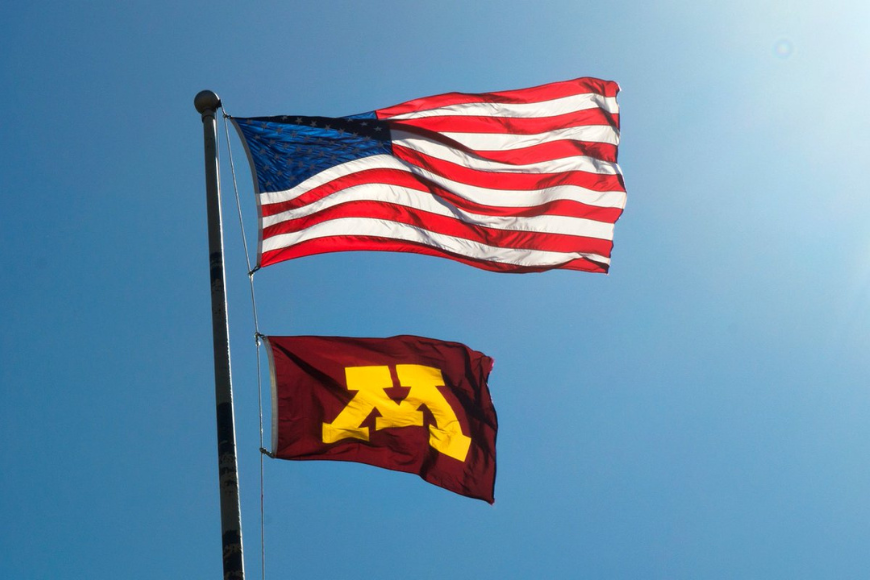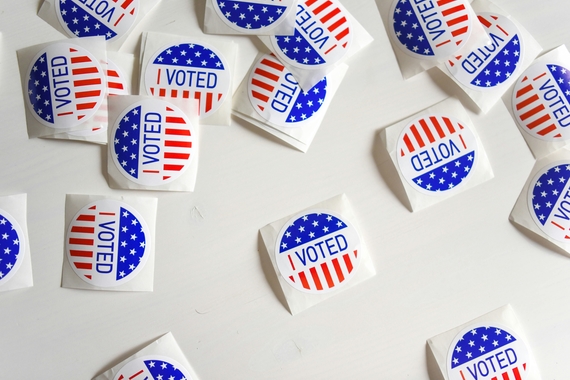How the Liberal Arts Shape Democracy
Quick, name a few principles of a flourishing democratic society. We'll give you some hints: civic engagement. Critical thinking. Free expression. Empathy. Creativity and lifelong learning.
We hope these sound familiar.
After all, they represent many of the same principles found in a robust liberal arts education. The liberal arts empower us to question, connect, and collaborate. They nurture the skills necessary for thoughtful dialogue and active participation. They help create engaged, empathetic citizens; citizens who are poised to drive meaningful change in their communities and beyond.
The way we see it, the liberal arts are the foundation for a thriving democracy, making the work we do in CLA relevant today, and always.
The purpose of the College of Liberal Arts is to advance a thoughtful, knowledgeable, and engaged society.
Our Mission & Values
Promoting civic engagement
On Election Day, the state of Minnesota employs as many as 30,000 election judges. These temporary, paid employees are trained to handle all aspects of voting at the polling place, including greeting, checking people in, and monitoring the ballot counter. We connected with four members of the CLA community to learn about what their role entails and what inspired them to meaningfully engage in the democratic process.
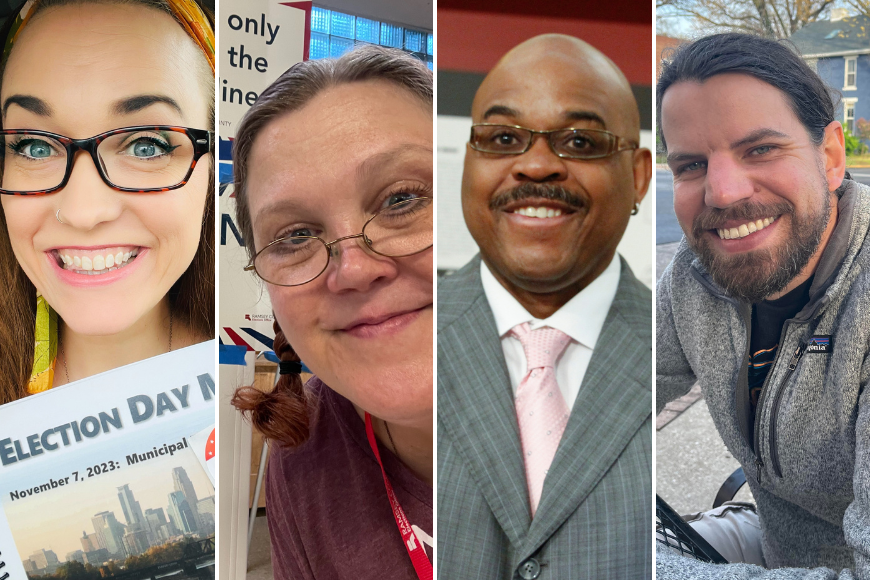
Behind the Ballot
Jadah Green, Program/Project Specialist in CLA Undergraduate Education; Pat Baehler, Events & Scholarships Administrator at the Institute for Global Studies; Dr. Amelious Whyte, the college’s Interim Director, Diversity, Equity & Inclusion; and alum Dylan Kelly (BA ‘09, political science), Director of Climate Programs at Ampact reflect on their experiences as election judges.
Encouraging critical thinking
Overnight, Minnesota Governor Tim Walz became a household name, and our faculty experts were called upon to weigh in on his selection as Vice President Kamala Harris' running mate. But their expertise has also been solicited about all-things-Election—political ads, assassination attempts, and why it's so vital for students to get out the vote.
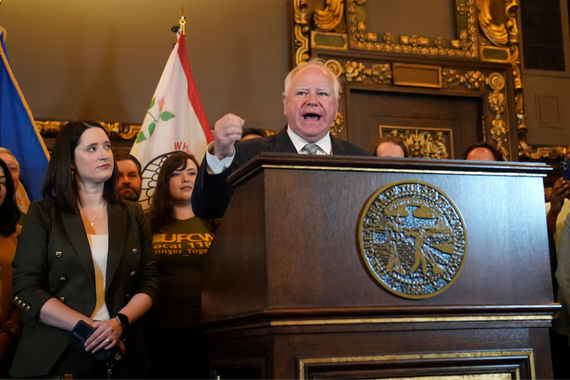
Silha Professor of Media Ethics and Law Jane Kirtley is quoted in this Washington Post piece.

Sociology professor Michelle Phelps contributes to this article from USA Today, which examines how Walz handled the protests following George Floyd's murder.
GOP critics say Tim Walz 'let Minnesota burn' in 2020 protests. Here's what happened
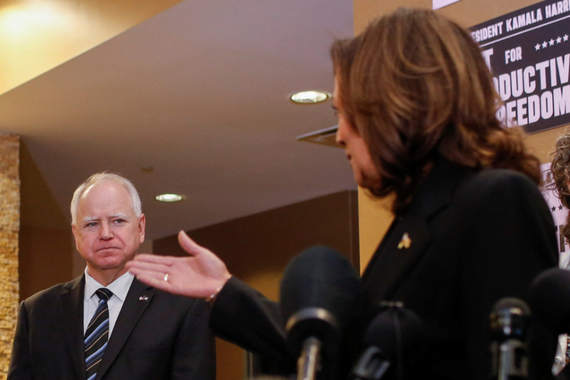
Political science professor Michael Minta weighs in on Walz' moderate record in Congress and progressive policies as Minnesota governor for MinnPost.
Walz won over Harris with a rare ability to reach AOC as well as Joe Manchin
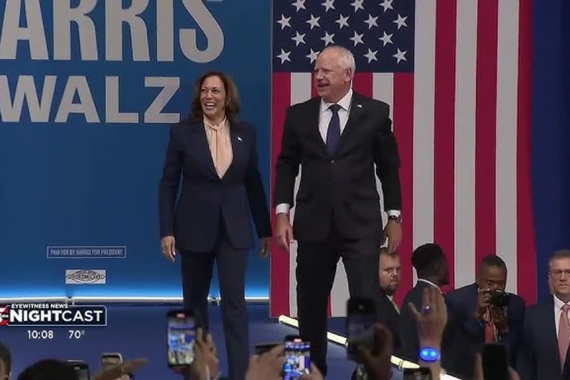
"People will really be tuning in to learn about him in the coming days on this very important campaign trail," Kathryn Pearson, associate professor of political science, tells KSTP.
Walz to be introduced to voters during tour of battleground states
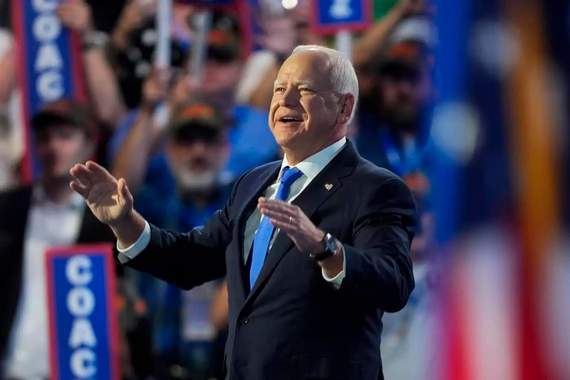
Professor and political science chair Andrew Karch discusses how Walz's presence on the ticket could boost voter turnout for Democrats and Republicans with MPR News.
Minnesota Poll: Walz approval rating holds steady amid VP run, has narrow edge in favorability
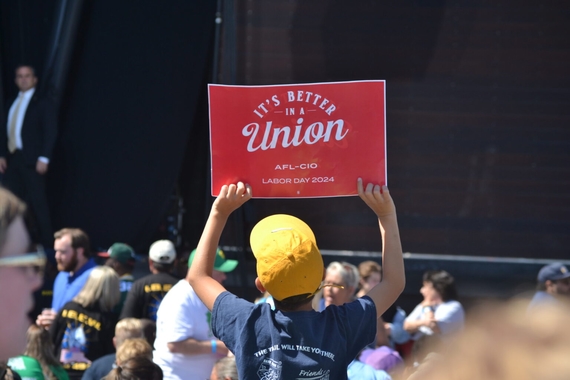
Labor scholar and history professor William P. Jones explains why labor unions' messages—promoting the benefits of manufacturing growth, infrastructure advancements, and job creation—have not fully resonated with voters in swing states.
In swing states that once went for Trump, unions organize to prevent a repeat
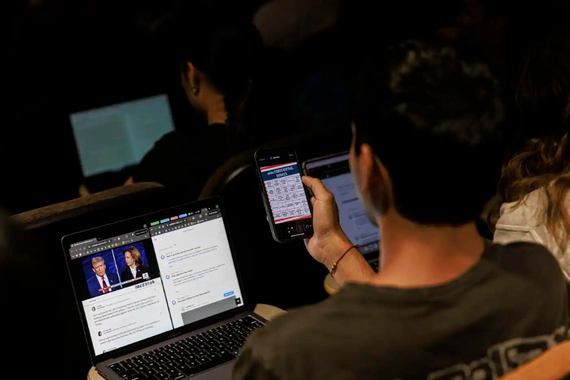
Dan Meyers, associate professor of political science, weighs in on MPR's Politics Friday podcast to discuss the impact of campaign ads.
Politics Friday: What to watch for with political ads on the way
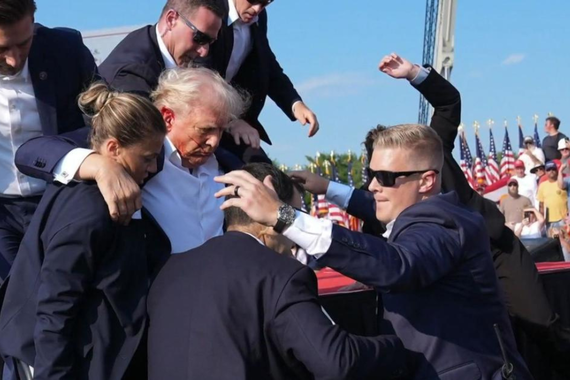
Howard Lavine, a political science and psychology professor, explains why he is skeptical that the tone of politics will change in a significant and enduring way for CBS News.
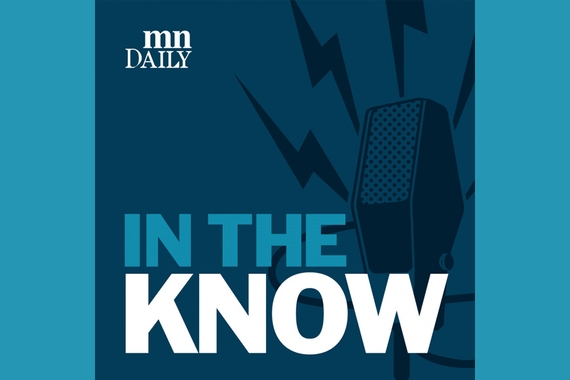
Why is it so important for college students to vote? This episode of the MN Daily's In The Know podcast tackles that question, featuring Carrie Booth Walling, director of the Human Rights Program, Gayle Golden, a senior lecturer of journalism, and economics professor Christopher Phelan.

Associate professor Paul Shambroom (art) has spent four years photographing local government meetings, an anthropological instinct that inspired his current project, Purpletown. Since 2021, he’s traveled to 22 states and photographed more than 60 so-called “purple” communities.
Minnesota photographer finds more civility than division in ‘Purpletown’ project
Supporting free expression
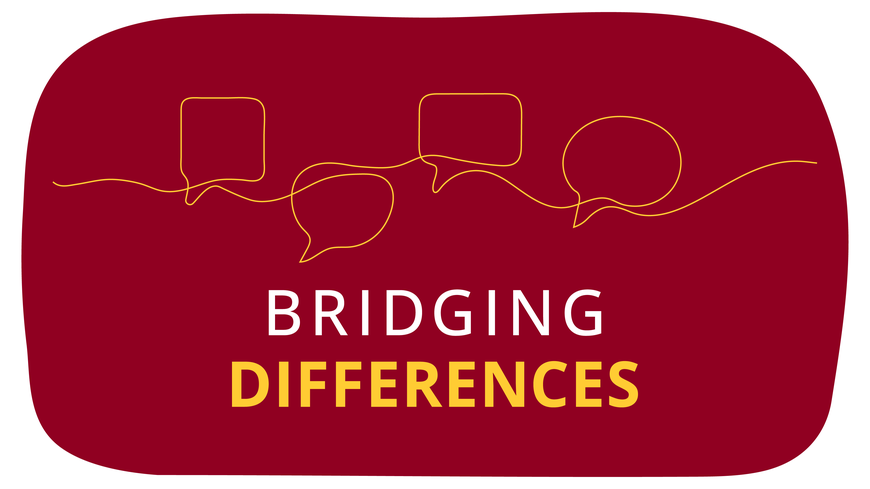
A healthy democracy requires a vibrant public sphere where ideas can be shared, debated, and challenged without fear of censorship or repression. Throughout the year, the University of Minnesota campuses will be filled with activities, conversations, and educational opportunities related to civic engagement, the free expression of perspectives and ideas, and the responsibilities we share in creating a safe and affirming environment for all.
Learn more about Bridging Differences.
M Vote
M Vote is dedicated to providing voting information for UMN students, faculty and staff. Find out where to vote, how to register, and who is eligible to vote ahead of Election Day, Tuesday, November 5, 2024.
The Free Speech Recession and How to Reverse It: Five Lessons from History
301 19th Ave S
Minneapolis, MN 55455
Join the Hubbard School of Journalism and Mass Communication for the 39th annual Silha Lecture as Professor Jacob Mchangama, founder and executive director of The Future of Free Speech, explores the ongoing decline in free speech and offers five key historical lessons to address this pressing issue. How have elite fears, from the printing press to Generative AI, shaped our current landscape? Can decentralization and a robust culture of free speech turn the tide? These lessons underscore the importance of learning from the past to safeguard free speech today and in the future. Discover how history can guide us in preserving this fundamental right in the 21st century.
The lecture is free and open to the public; no registration is required. The event will also be available livestream as a Zoom webinar.
Views from the U
301 19th Ave S
Minneapolis, MN 55455
The Department of Political Science presents: Views from the U: The Political Science of Election 2024. UMN political science experts will answer your questions on modern politics, the state of the election, domestic & foreign implications of this election, and more! The event is free and open to the public, but registration is requested.
Presentations will begin at 6:30pm, and a Q&A session will take place from 7:30-8:00pm.
Presenters
- Kathryn Pearson: The State of the Race and Why few States that Matter in the Electoral Vote
- C. Daniel Myers: Polarization of Politics and the Implications of How People Vote
- Michael D. Minta: Changing Demographics and Effects on Electoral Outcomes
- Timothy R. Johnson: Consequences for Federal Judiciary and the Supreme Court
- Mark S. Bell: Implications of US Foreign Policy
Moderator
- Andrew Karch, Chair of the Department of Political Science
Building empathetic leaders
Student body president Rahma Ali has a powerful message for the Class of 2028: community matters.

In August, Ali took the stage in 3M Arena at Mariucci to welcome thousands of new students to the College of Liberal Arts and emphasize the importance of building connections. “The power and support of those around you will shape your experiences and allow you to reach your potential,” she shared. “Look around you and know that you’ll all be a part of each other’s experiences some way or somehow.”
For Ali, these aren’t just words of wisdom, they are her lived experience. Her own community – family members, professors, fellow members of the student body – has helped shape her time in CLA as a student leader and scholar, and inspired her to dream big about what’s next.
Read Rahma's Q+A: Community Matters.
Cultivating creativity and lifelong learning
Creative expression—through art, performance, debate—can open up channels for discussion about social and political issues. This year's School of Music Collage Concert will demonstrate the role music has to play in civic participation. From reggae's call for freedom to gospel's cry for equality to Omar Thomas's demand that we Lift Every Voice and Sing, this event will show how music can play a vital role in building needed communities of change. Organizers will also help to register voters before and after the concert in the lobby of Ted Mann Concert Hall.
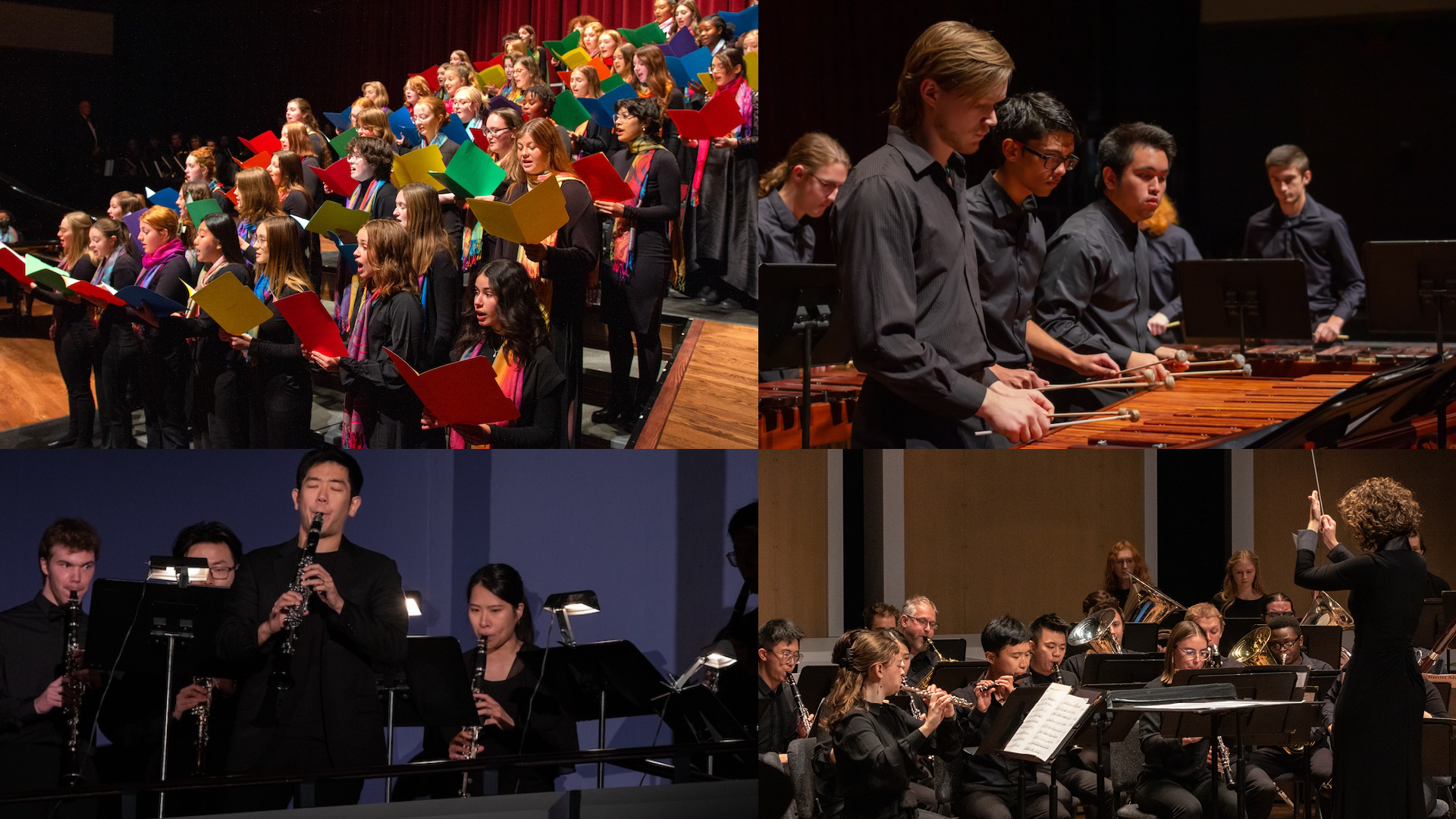
School of Music Collage Concert
Fri, Oct 18, 2024 | 7:30 - 9 PM
2128 Fourth Street South
Minneapolis, MN 55455
The annual School of Music Collage Concert, free and open to the public, features more than 300 students and faculty in a non-stop concert showcase of all that the School of Music has to offer – including performances by choral, orchestral, bands, jazz, and chamber as well as solo performances.
